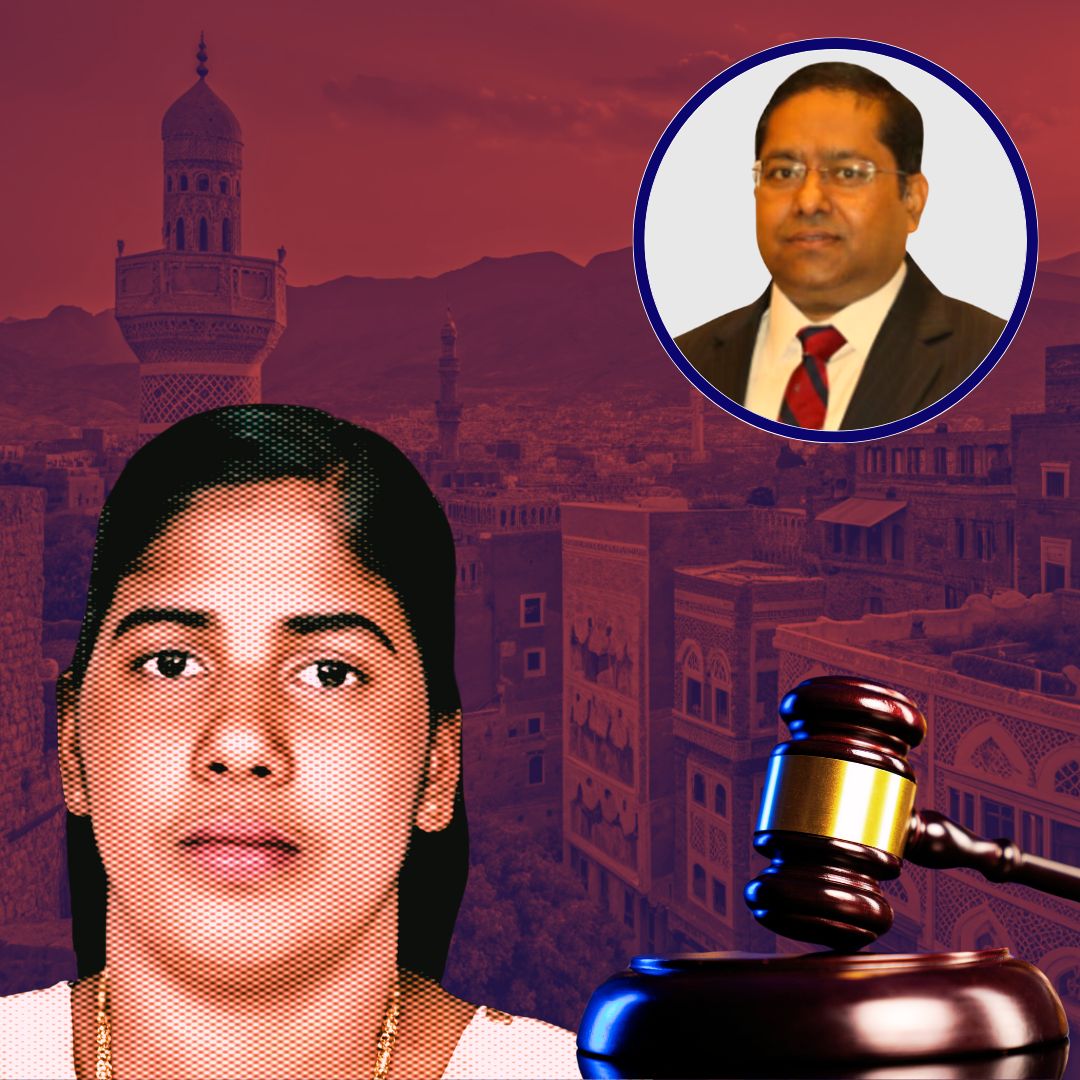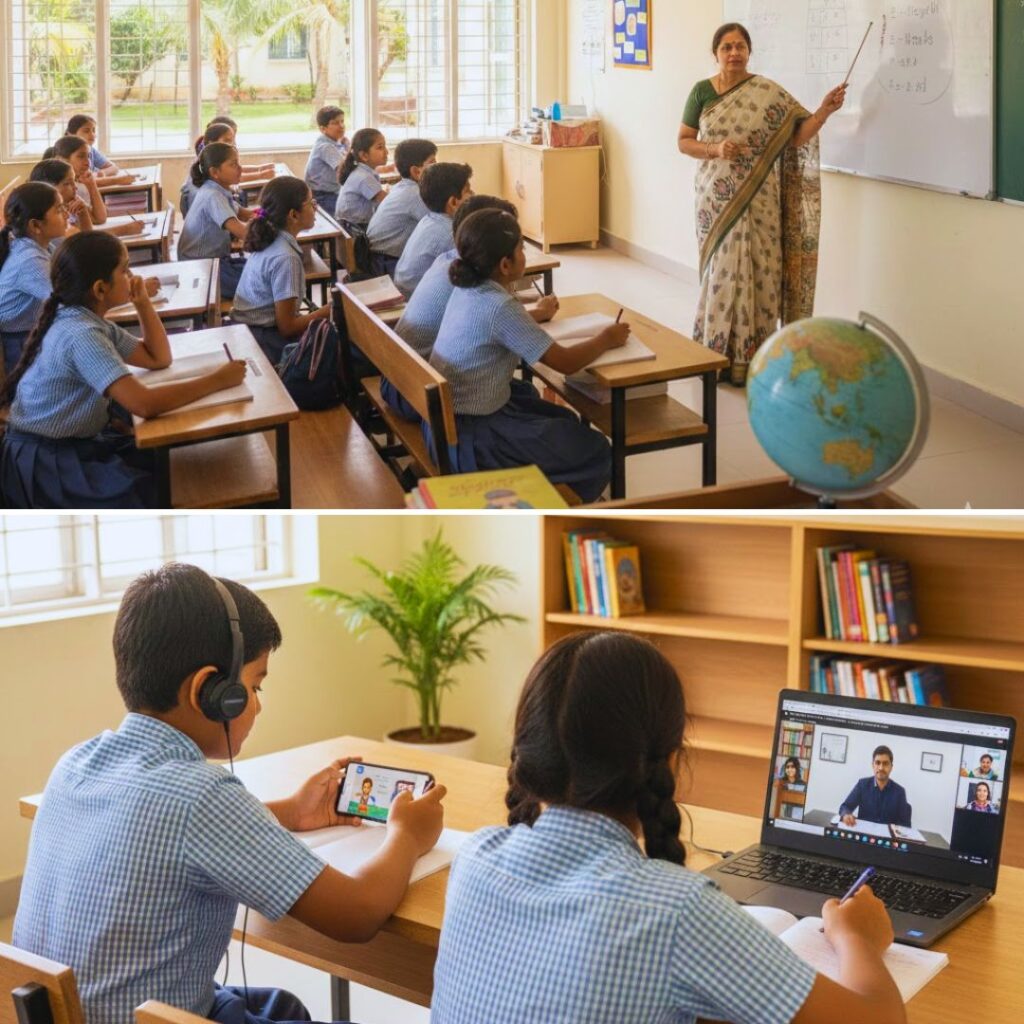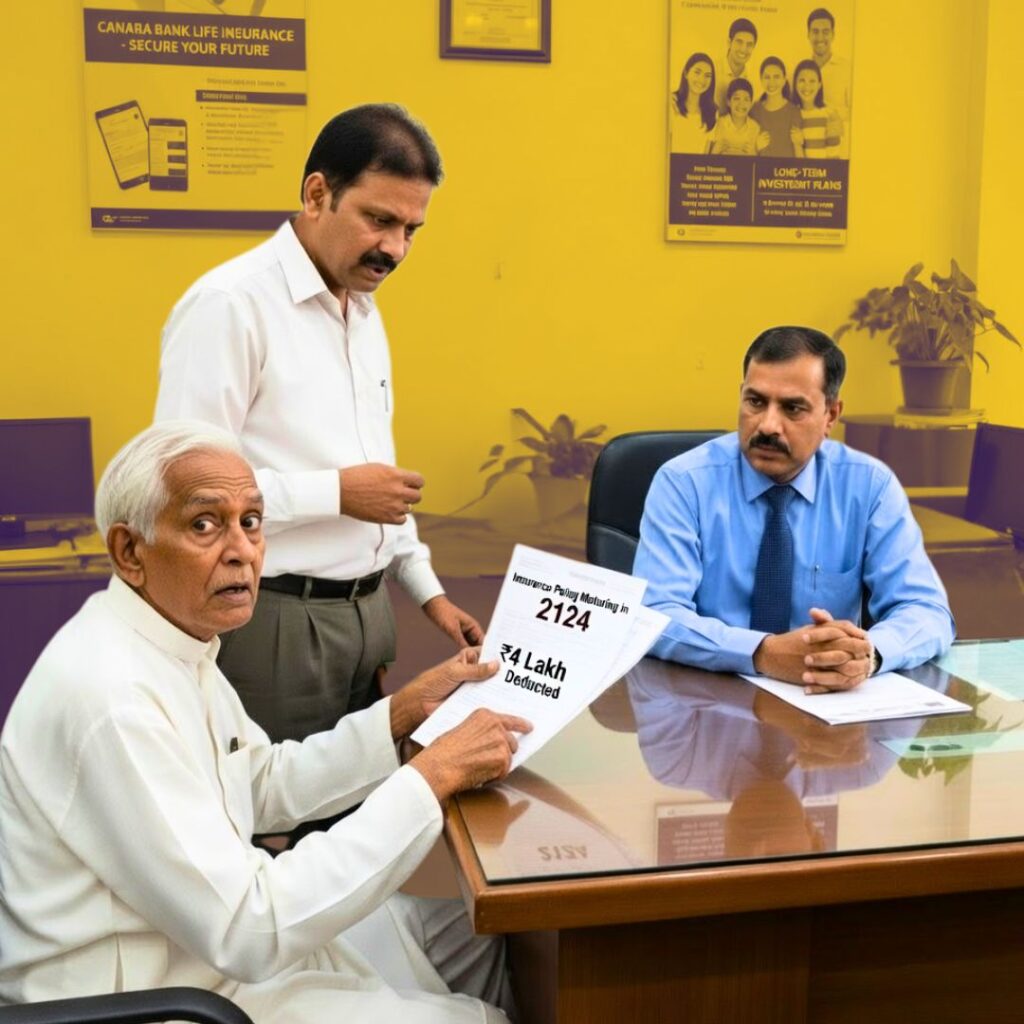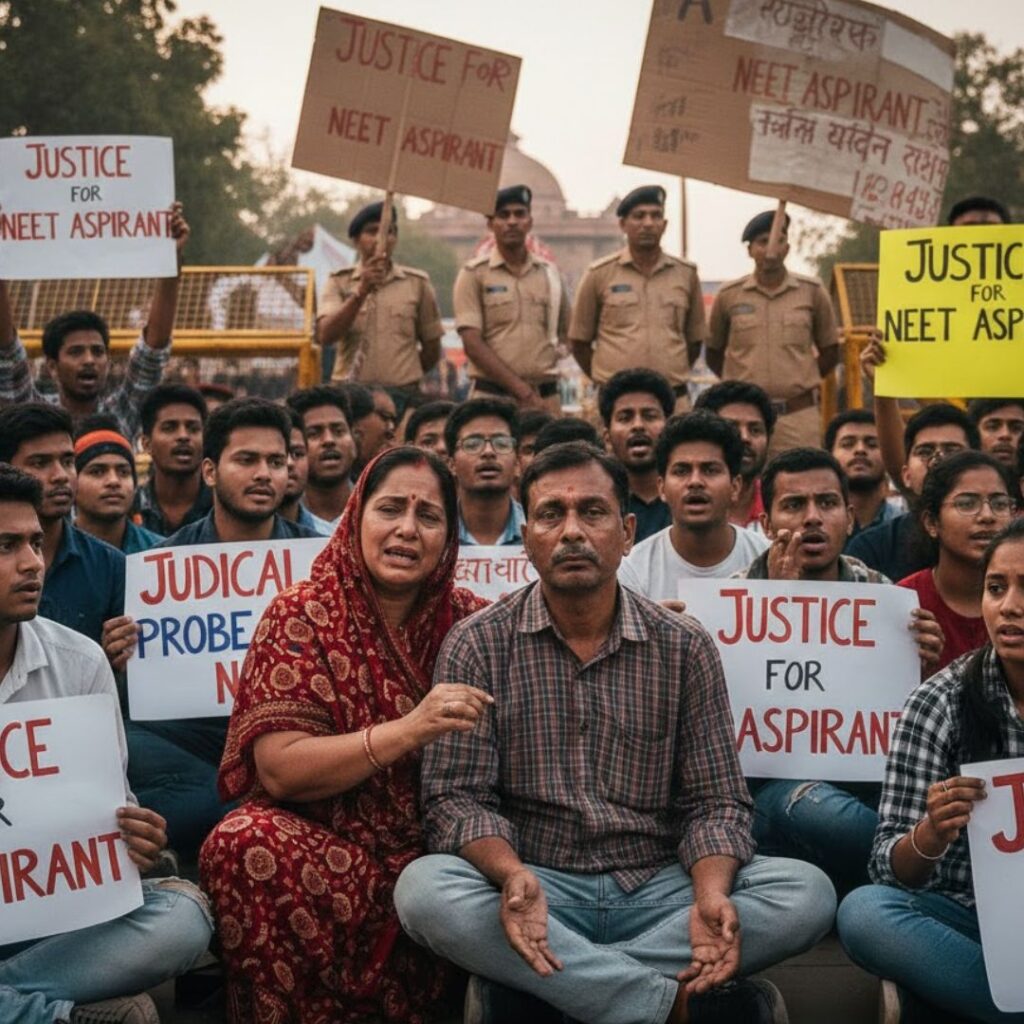Nimisha Priya, a 36-year-old nurse from Kerala, has been sentenced to death in Yemen for the murder of Yemeni national Talal Abdo Mahdi in 2017. Yemen’s President Rashad al-Alimi has approved the execution, expected within a month unless the victim’s family grants a pardon, potentially involving ‘blood money’. The Indian government is actively supporting Priya’s family in their efforts to seek a pardon and explore legal options.
Who is Nimisha Priya?
Nimisha Priya hails from Kollengode in Kerala’s Palakkad district and is a trained nurse who moved to Yemen in 2008 seeking better opportunities. Born into a modest background with daily wage labourers as parents, she pursued nursing education with community support. In 2011, she married Tomy Thomas and had a daughter shortly after.
In 2014, frustrated by low wages in Yemen and motivated by entrepreneurial aspirations, Nimisha sought to establish her own clinic. However, Yemeni laws required foreign nationals to partner with locals for business ventures, leading her to collaborate with Talal Abdo Mahdi. Initially promising, their partnership soured due to allegations of fraud and abuse on Mahdi’s part.
The Incident: A Tragic Turn of Events
In July 2017, Priya was convicted for the murder of Mahdi after a tumultuous relationship that turned violent. On the day of the incident, Priya attempted to retrieve her passport from Mahdi, who had allegedly assaulted her. In a desperate act of self-defense, she reportedly sedated him with an overdose of drugs, leading to his death. Following her conviction in 2018 by a Yemeni court, the case was appealed but ultimately upheld by the Yemeni Supreme Court in November 2023.
The Indian Ministry of External Affairs (MEA) has been closely monitoring the situation and is committed to assisting Priya’s family. MEA spokesperson Randhir Jaiswal stated that they are exploring all possible options to support her family during this difficult time. The MEA has reiterated its commitment to providing all necessary assistance and has been in contact with relevant authorities in Yemen.
Our response to media queries regarding the case of Ms. Nimisha Priya:https://t.co/DlviLboqKG pic.twitter.com/tSgBlmitCy
— Randhir Jaiswal (@MEAIndia) December 31, 2024
Legal Proceedings and Government Support
Despite the complexities of her situation, including allegations of abuse against Mahdi, the Yemeni legal system has been firm regarding her death sentence. The Indian government is actively engaged in discussions with Yemeni authorities and is working with Priya’s family to negotiate a potential pardon from Mahdi’s family. This may involve financial compensation known as ‘blood money’, which is customary in some cultures as part of reconciliation efforts.
Priya’s mother, Prema Kumari, is currently in Yemen advocating for her daughter’s life and negotiating with the victim’s family for a possible waiver of the death penalty. The emotional toll on Priya’s family has been immense as they navigate this challenging legal landscape while hoping for a resolution that could save her life.
Cultural Context: Understanding ‘Blood Money’
The concept of ‘blood money’, or diya, plays a significant role in many cultures where compensation can be offered to the victim’s family as part of reconciliation efforts. In Islamic law, this practice allows for an alternative to capital punishment if the victim’s family agrees to accept financial compensation instead. This cultural context adds another layer of complexity to Priya’s case as negotiations unfold between her family and that of Mahdi.
As discussions continue, it remains uncertain whether Mahdi’s family will agree to such terms. The outcome could significantly impact not only Priya’s fate but also highlight broader issues surrounding justice and mercy within different cultural frameworks.













